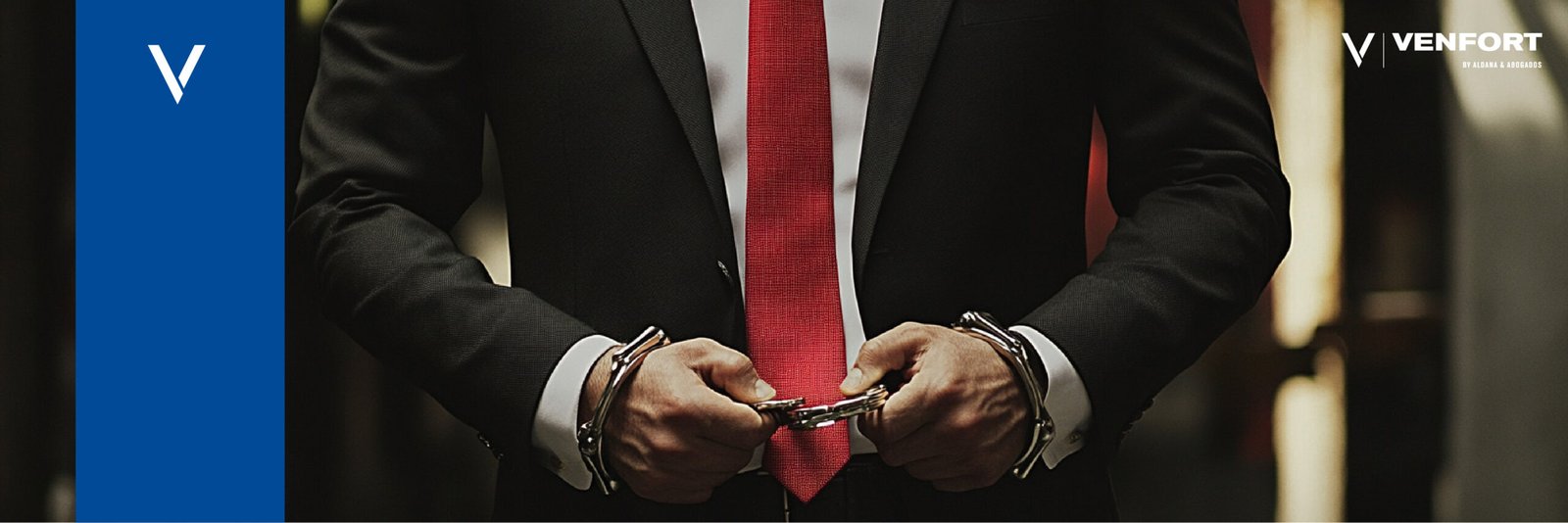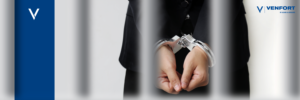The past January 23, 2025the Prosecutor's Office of the International Criminal Court (CPI)under the direction of the Prosecutor Karim A.A. Khan KCpresented two requests for arrest warrants before the Pre-Trial Chamber II in the case of Afghanistan. This marks a milestone in the fight against crimes against humanity and gender-based persecution globally.
Who are the defendants and what charges do they face?
The two main defendants in this case are:
- Haibatullah AkhundzadaSupreme Leader of the Taliban and highest authority of the so-called "Islamic Emirate of Afghanistan".
- Abdul Hakim HaqqaniThe president of the Supreme Court of the Taliban regime.
Both face charges of gender-based persecutionin accordance with the article 7(1) (h) of the Rome Statute. They are accused of having led a policy of systematic oppression against women, girls and people whose gender identity or expression does not conform to the Taliban's extremist vision.
A regime of extreme restrictions
Since the Taliban seizure of power by the Taliban in August of 2021Afghanistan has witnessed an unprecedented regression in the fundamental rights of women and girls. Among the main restrictions imposed are:
- Prohibition of access to education beyond the age of 12.
- Exclusion from the workplaceincluding in humanitarian organizations.
- Mobility limitationsThe children are required to be accompanied by a male guardian in order to leave home.
- Censorship and repressioncriminalizing any expression of resistance.
The use of extreme violence The use of these restrictions has been documented in multiple reports, including acts of torture, rape, enforced disappearances and arbitrary imprisonment. These acts, according to the ICC Office of the Prosecutor, form part of a state policy aimed at eradicating any form of dissidence and guaranteeing the absolute subjugation of women.
The procedure at the ICC following the application for arrest warrants
Once the ICC Prosecutor's Office has submitted its request for arrest warrants, a judicial process is initiated, which follows the following steps:
1. Consideration by Pre-Trial Chamber II. The application is evaluated by the judges of the Pre-Trial Chamber IIcurrently composed of Judges Rosario Salvatore Aitala, Sergio Gerardo Ugalde Godínez and Haykel Ben-Mahfoudh.
2. Time to decide. There is no fixed time limit for the Chamber to make a decision, but generally the process can take several weeks or monthsdepending on the complexity of the evidence presented and the need for additional verifications.
3. Evidentiary requirements. In order for the Chamber to issue an arrest warrant, it is necessary that the Prosecutor's Office has demonstrated that "reasonable grounds to believe" that the accused have committed the crimes charged. At this stage, the standard of proof is lower than that required for a trial, but must be sufficient to justify the issuance of the warrant. The judges will evaluate:
- The existence of a generalized or systematic attack against a civilian population.
- The link between the defendants and the crimes committed. That is, its role in the planning, authorization or execution of the reported persecution.
- The credibility of the evidence presented. This includes witness testimonies, official documents, decrees, human rights reports and audiovisual material.
4. Issuance or denial of arrest warrant. If the Chamber considers that the evidentiary criteria have been satisfied, issue the arrest warrantThe Prosecutor's report will be transmitted to States Parties to the Rome Statute and other relevant international actors for enforcement. If the Chamber considers that the Prosecution has failed to present sufficient evidence, it may deny the request or require additional information before making a decision.
Possible defenses of the defendants
If arrest warrants are issued and the defendants are arrested, they will have the opportunity to present their case. their defense arguments before the ICC. Some of the lines of defense they might wield include:
1. Questioning of the ICC's jurisdiction
- Afghanistan is a State Party to the Rome Statutewhich gives jurisdiction to the ICC. However, the defendants could argue that the crimes are internal affairs and that Afghan justice should have priority in the prosecution.
- They could also argue that the acts denounced do not reach the necessary magnitude to be considered crimes against humanity.
2. Denial of individual responsibility
- Since the ICC pursues individual responsibilitiesdefendants could argue that did not directly order the acts of persecution and that decisions were made by other levels within the Taliban regime.
- They could also argue that there was no deliberate plan to impose systematic persecutions against women, but rather it was a question of decisions isolated or local authorities.
3. Cultural or religious justification
- One of the most likely defense strategies will be to argue that the restrictions imposed on women and girls are part of the interpretation of Sharia and do not constitute international crimes.
- However, the Prosecutor's Office has already emphasized that no religious interpretation can justify the systematic deprivation of fundamental human rights.
4. Challenge of evidence
- Defendants may attempt to disqualify witness testimony by arguing that were obtained under pressure or that the reports used by the Prosecutor's Office lack impartiality.
The process opened before the International Criminal Court for gender-based prosecution in Afghanistan represents a significant step forward in the protection of human rights and the fight against impunity. The application for arrest warrants against Haibatullah Akhundzada y Abdul Hakim Haqqani highlights the international liability of the Taliban leadership and the ICC's determination to ensure justice for the victims.
Now, the decision is in the hands of the Pre-Trial Chamber IIThe company shall assess whether there are reasonable grounds for the issuance of arrest warrants. If granted, States Parties to the Rome Statute shall be legally bound to cooperate in their execution.
From Venfort Lawyersas experts in International Criminal Law and ICC litigationWe are closely following the evolution of this case. We offer specialized advice to individuals and organizations that may be in need of legal advice. affected or involved in proceedings before the International Criminal Court.













